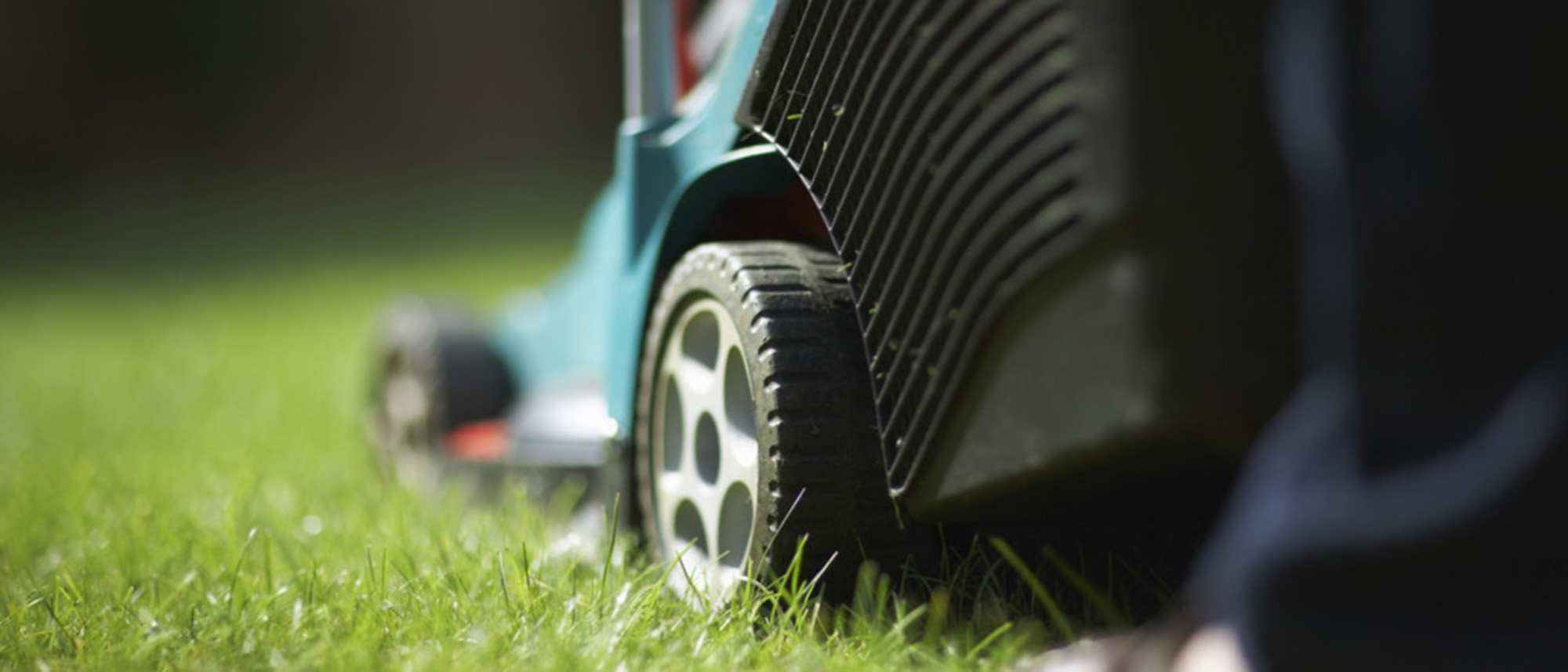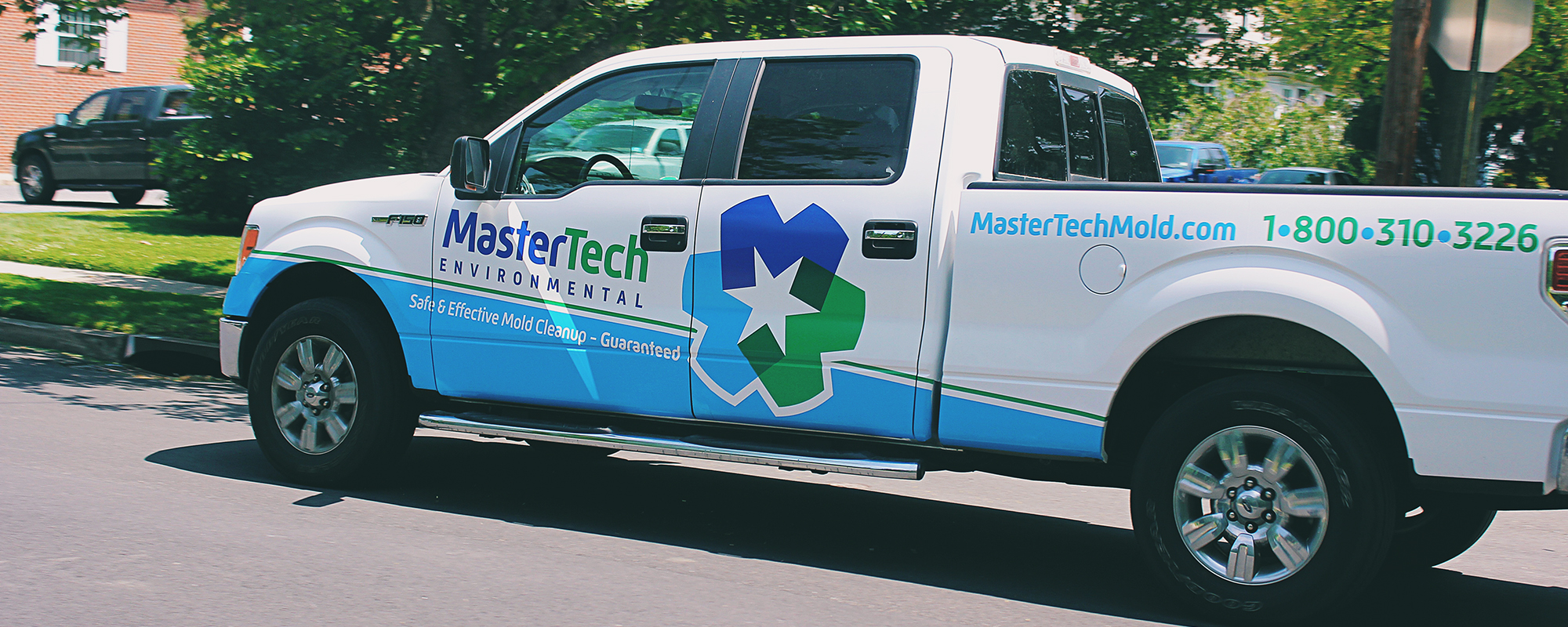
Spring means warmer weather, longer days and plenty of outdoor activities. This is also a great opportunity for homeowners to conduct spring maintenance checks and address any concerns. Routine spring maintenance helps to protect your home from serious and costly damages. It also give you the opportunity to identify problems and address them, before they get worse.
Benefits of Regular Spring Maintenance In South Jersey Properties:
- Prevent serious and costly repairs in the future
- Prevent indoor mold development
- Reduce risk of moisture problems
- Optimize energy efficiency
Routine Spring Maintenance Tips for NJ Homeowners:
- Gutters & Downspouts:
- Make sure that gutters are free of debris and all obstructions. Backed up gutters can lead to major water damage around the roof and ponding around the foundation walls.
- Assess your gutter for any signs of damage. Ice damns, formed during the winter months, can leave you with damaged gutters.
- Downspouts should always direct water away from the home. Make sure that your downspouts are also free of any obstruction or debris.
- Roof:
- Conduct regular assessments of your roof from the outside and from the inside. Deteriorating or missing shingles and damaged flashing are a couple of the key signs of roof damage in New Jersey.
- If you are concerned about the condition of your NJ roof, you should have it inspected by a roofing professional.
- Make sure that all vents are free of any obstructions or damage. Clogged or damaged vents can lead to moisture buildup in your attic. Over time, moisture buildup from humidity or condensation will lead to wood rot, roofing problems, damaged insulation, and mold development.
- Foundation:
- Make sure your foundation walls are in good condition. Look for signs of damage that can lead to water intrusion and compromised structural integrity.
- Look for any cracks, masonry damage, or interior signs in our main living space– these can all be warning signs of foundation damage in NJ.
- Manage the draining around your foundation. Any water runoff should be drained away from the property to avoid water collection and flooding around the property, which risks water intrusion through the foundation.
- Basements, Attics & Crawl Spaces
- Take some time to complete a thorough walk-thru of your basement, attic, and/or crawl space.
- These are areas that homeowners tend to neglect because they are usually unoccupied space, typically relegated to being used as storage space.
- Check the humidity levels and be sure that these spaces are well ventilated. Inspect for any leaks or any vulnerability to water intrusion.
Learn more about mold prevention: basement mold prevention, attic mold prevention, crawl space mold prevention
- HVAC System:
- Check and change filters for the HVAC system
- Consider having the air conditioner checked and serviced by a qualified professional
- Take a speak and inspect your air ducts for the buildup of dust and debris.
- Trees & Large Plants:
- Plant your trees away from your home. Tree roots are aggressive and can apply unwanted pressure to your foundation walls.
- Trees and bushes provide damp shade for moss and algae to grow on your roof. Damp shaded areas can hold moisture to a roof system’s surface, causing rot and deterioration.
- Trim branches away from your home. Tree limbs can damage your roof and leave it vulnerable to water intrusion.
- Walkways & Driveways:
- Depending on your driveway, it may require routine re-sealing to prevent cracking and sinking. Fill any cracks with filler or caulking.
- If you notice that your driveway or pavers are directing water towards your home rather than away from your home, you should re-grade the driveway or pavers.
- To avoid excess water buildup, you should consider installing alternate draining to help keep water away from your home.
- Declutter:
- Part of spring maintenance means getting rid of junk around the home that is just taking up space.
- Cluttered spaces limit air flow and can promote moisture buildup. This especially true for attics and basements, which tend to suffer from humidity.
- Take some time to regularly organize and purge some of your stored items.
What do I do if I find Mold in my NJ Home?
In the presence of moisture, it does not take very long for mold to begin to develop and spread. Sometime, despite all the spring maintenance or preparation, some water and mold events are inevitable. The key is to react quickly once you discover a problem. Early discovery and response can help to avoid a serious and expensive remediation down the line. If you discover mold development in your NJ home or business, do not panic. Pick up the phone and contact a trained mold inspector to have your property thoroughly assessed for mold. A professional NJ mold inspection will determine if you have mold, how bad it is, what caused it and how to safely remove it.
MasterTech’s expert mold removal team is thoroughly trained to provide the safest and most effective mold remediation in New Jersey. If you are concerned about a potential mold contamination in your NJ home or business, call us today! 609-948-8844.



